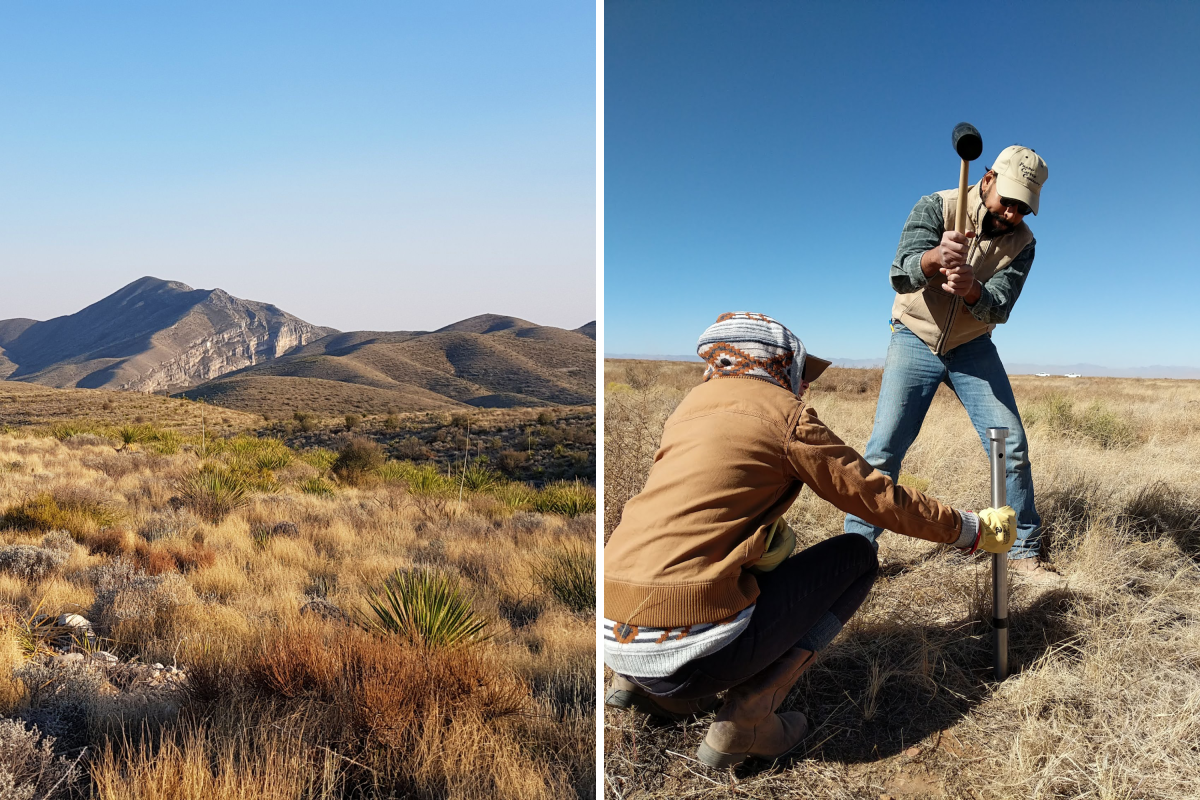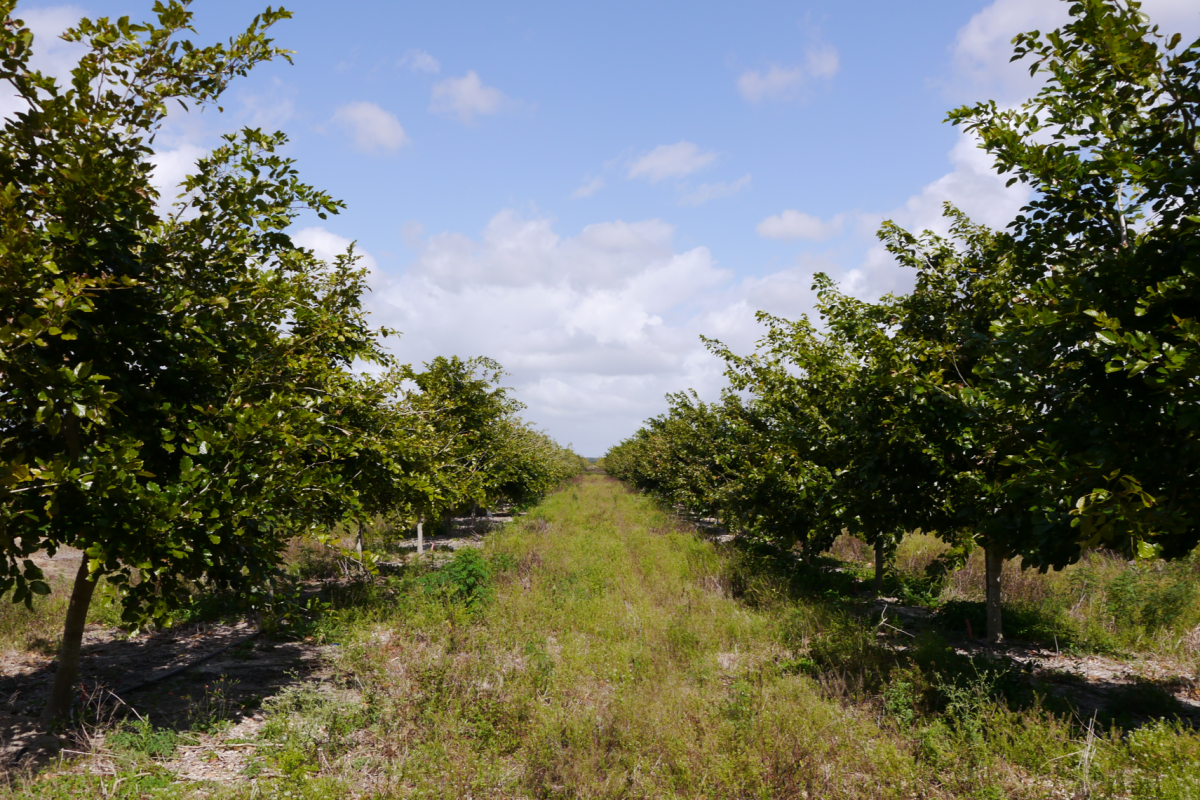An area more than twice the size of California will be regenerated to its former natural beauty as part of a pipeline of projects that have received private funding to become living carbon capture sites.
On Tuesday, Cultivo, a public benefit corporation, announced it had raised $14 million in first-round investment to rejuvenate 100 million hectares of land. The series of projects the investment will fund are anticipated to remove three gigatons of carbon dioxide from the atmosphere—over half of America's emissions in 2021.
The company has also signed an agreement with utilities firm Octopus Energy for a further $40 million, much of which will go towards rewilding parts of the U.S.
"We're really, really excited about how the whole market towards, and the appeal towards, natural capital is evolving, as we're starting to see—right from inception, but accelerating over the last year-or-so—the appeal of high-quality, nature-based projects," Manuel Piñuela, CEO and co-founder of Cultivo, told Newsweek ahead of the announcement.

As climate change becomes an increasingly pressing concern, both legislators and private companies are looking to reduce emissions to avoid reaching a level of global warming that scientists predict would lead to deleterious effects on the environment, the food supply and the human population.
One prong of that task is reducing greenhouse gas emissions—of which carbon dioxide is a major component—and another is rewilding natural land with plants that remove carbon from the atmosphere through photosynthesis.
With companies now being compelled to limit their carbon emissions to government targets, as well as making their own pledges to go net zero, many are reducing their overall carbon footprint by buying credits that represent an offset of their emissions through carbon capture projects.
Rewilding projects mean there is less carbon in the atmosphere, but they are also becoming an increasingly appealing investment because of the return they are expected to make due to the high demand for carbon credits.
"Not only do we see the growth in the market because there's a growing need [for] high-quality, nature-based credits, but there's also right upstream at the investment level the alignment between really trying to change the course of that triple crisis that we're going through: both climate change, but [also] biodiversity loss and water stress...as well as that return that's attractive," Piñuela said.
Even though the total area of the projects in the Cultivo pipeline will be over double California's 42.4 million hectares, the projects will be spread across the globe. However, 31 will be based in the U.S.
Piñuela said of the investment from Octopus Energy that "a lot of that capital is targeted toward the U.S." and that the company had "an expanding portfolio of grasslands as well as forests to be reforested" in America.
However, he said "those projects in the U.S. continue to be quite complex" due to the degradation of the land through erosion and unsustainable farming practices, which makes growing plants harder. A study in 2021 suggested that the Midwest alone has lost 57.6 billion metric tons of topsoil in the last 160 years.

In December, spiritualist to the stars and environmental campaigner Sadhguru warned of the impact on the environment that degraded soil could have, telling Newsweek in an exclusive interview that "every extra green leaf that we put on this planet is one step towards climate mitigation."
Piñuela noted that one of Cultivo's first projects was reforesting an area of Florida that had been used for growing citrus, but which had collapsed due to disease. He said that many American landowners were interested in regenerating their natural habitats as, from a business perspective, land was an asset that appreciates in value, but could currently be considered "a distressed asset."
"Landowners of all types—from corporate landowners to preservation groups, to private landowners—they already know that their land is degraded, but they want to understand: how can their land bounce back?" he added.
Uncommon Knowledge
Newsweek is committed to challenging conventional wisdom and finding connections in the search for common ground.
Newsweek is committed to challenging conventional wisdom and finding connections in the search for common ground.
About the writer
Aleks Phillips is a Newsweek U.S. News Reporter based in London. His focus is on U.S. politics and the environment. ... Read more
To read how Newsweek uses AI as a newsroom tool, Click here.








